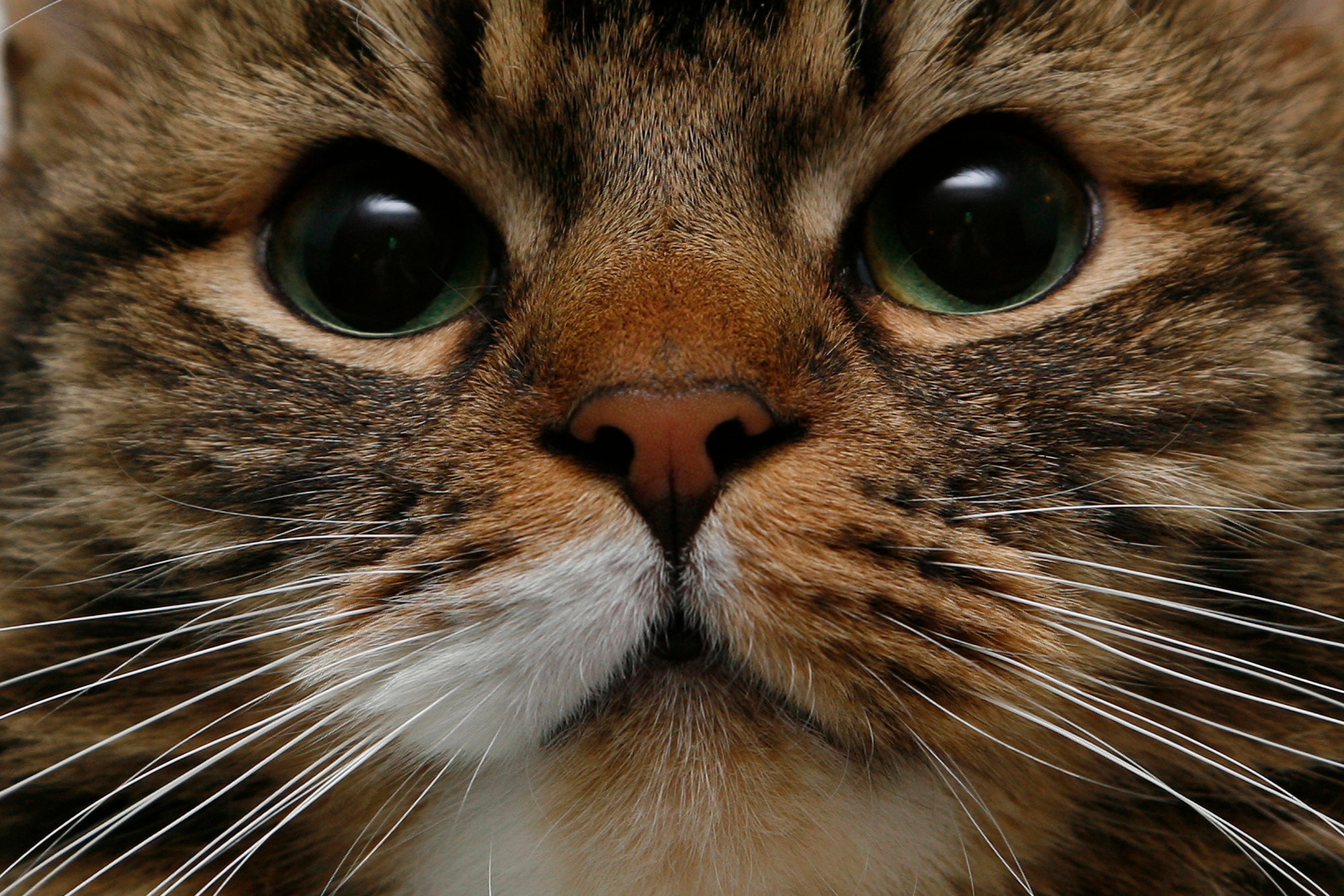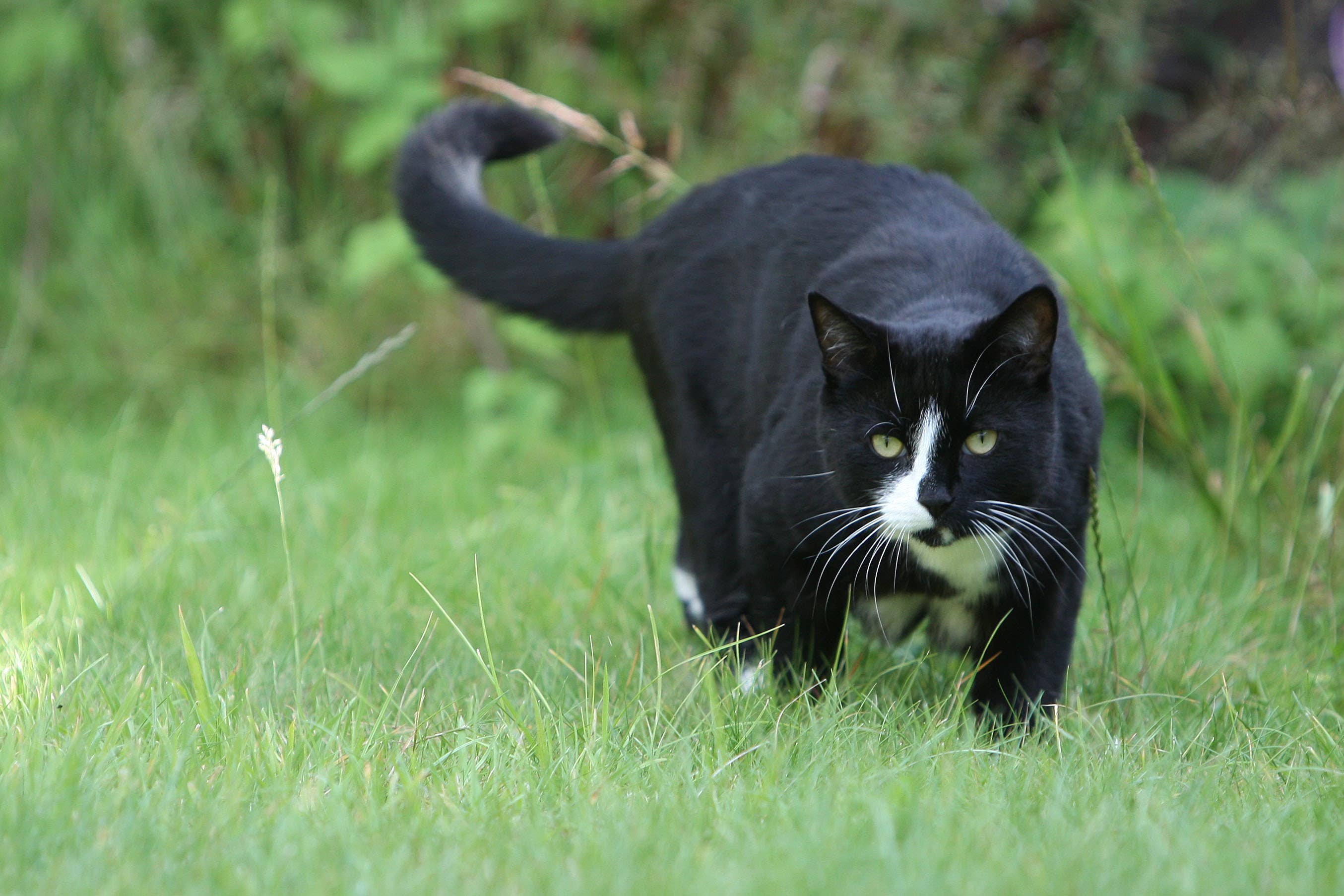How to stop your cat from ruining your furniture
Here’s how to tackle the problem

Scientists say they have pinpointed strategies to save cushions, carpets, and sofas from pet cats.
Providing cats with safe hiding places and plenty of opportunities to play can help to reduce their stress, and save frustrated owners’ furniture from being scratched, new research suggests.
While scratching is a normal feline behaviour, it could be managed by adapting play sessions and offering scratch posts in the right spots, according to the study.
Researchers looked at what factors can influence undesirable scratching, and found that the presence of children at home, personality traits of cats, and their activity levels “significantly impact” the extent of scratching behaviour.
Dr Yasemin Salgirli Demi̇rbas, a veterinary researcher at Ankara University, Turkey, and first author of the study, said: “Our findings can help caregivers manage and redirect scratching to appropriate materials, which could help foster a more harmonious living environment for both cats and their caregivers.”
The study, published in the journal, Frontiers in Veterinary Science, suggests there are many factors that influence cats’ scratching behaviour.
Dr Salgirli Demirbas said: “We see a clear link between certain environmental and behavioural factors and increased scratching behaviour in cats.
“Specifically, the presence of children in the home as well as high levels of play and nocturnal activity significantly contribute to increased scratching. Cats described as aggressive or disruptive also exhibited higher levels of scratching.”
The researchers said stress was found to be a leading reason for unwanted scratching.

For example, the presence of children, particularly while they are small, might amplify stress and be one of several causes that can make the pets stress-scratch.
However, the link between scratching and children in the home is not fully understood.
Playfulness could be another factor linked to stress as when cats play for a long time, their stress levels can rise because of the uninterrupted stimulation.
Dr Salgirli Demirbas added: “Providing safe hiding places, elevated observation spots, and ample play opportunities can also help alleviate stress and engage the cat in more constructive activities.”
The experts suggest establishing multiple short play sessions that mimic successful hunting scenarios is key to success.
These play sessions are more likely to sustain cats’ interest and reduce stress, which ultimately can reduce excessive scratching on furniture.
For the study, the researchers asked more than 1,200 cat owners in France about the daily lives and characteristics as well as undesired scratching behaviour of their feline companions.
The study’s funder, animal health company Ceva Sante Animale, helped with collecting the data.
Bookmark popover
Removed from bookmarks